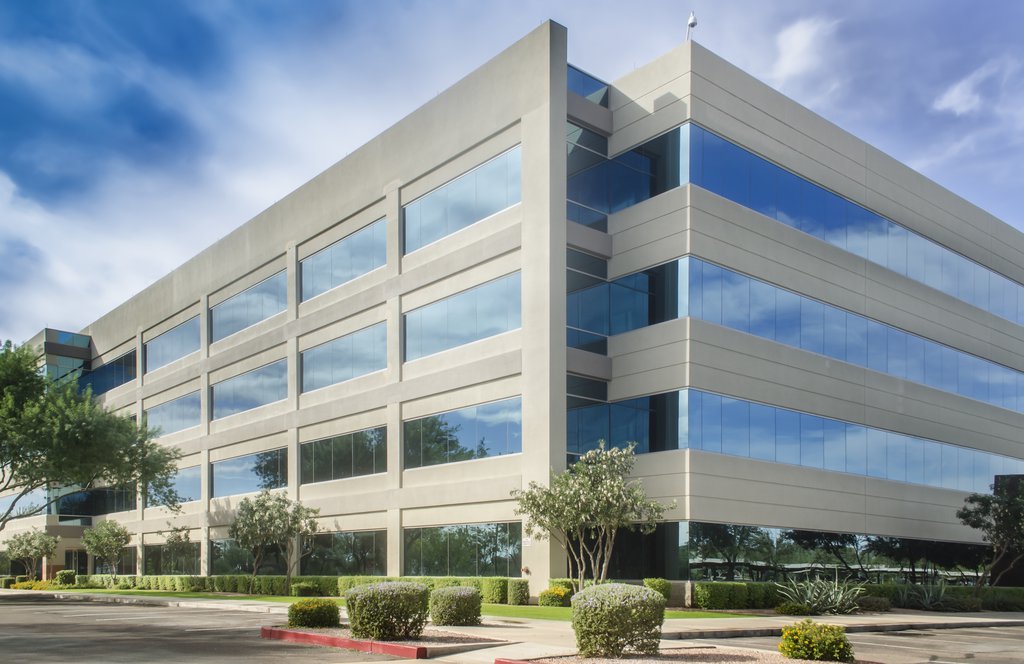How Can I Qualify For A Commercial Mortgage?

Qualifying for a Commercial Mortgage
There is a lot of confusion surrounding the approval process of a commercial mortgage. Many commercial property investors and commercial property owners who have commercial mortgages do not know why they were, or were not, approved by their banks. This article goes into more depth to answer some of the most common questions about the commercial mortgage approval process.
The big banks and pension funds, also known as “A” lenders, are where investors are able to get the best rates on their commercial and industrial properties. But how does one qualify for the best commercial mortgage rates with Canada’s largest financial institutions?
One of the first pieces of information that a commercial mortgage lender will ask for are the financial statements of the company that owns the property or will be purchasing the commercial property. This is because most of these assets are held by companies, not individuals. The financial statements allow us, your commercial mortgage brokers, and the commercial lenders to analyze the cash flow of the property and how well the property is with its Debt Service .
Debt Service is a key metric when determining the leverage one can obtain for their commercial property. For example, if you own a non-owner-occupied property worth $1,000,000 and the property has great cash flow, you can be approved for up to 75% of the property’s purchase price or current market value.
Let’s discuss what, “great cash flow” really means. The bank needs to meet a Debt Service Coverage Ratio or DSCR of 1.25x, or 1.25 times the mortgage payment amount. This means that the net cash flow of the building, income after all expense, has to cover the mortgage by 1.25 times. Expressed in dollar figures, with an annual mortgage payment of $100,000, the property must generate net cash flow of at least $125,000 in order to be able to qualify that property for the mortgage.
With our example above, for 75% of a $1,000,000 property, a loan of $750,000, the net cash flow must equal to at least $125,000 in order to meet the approval criteria. In addition to cashflow, banks also take into consideration the investors’ credit score, and will typically want investors to have a credit score of 680+ with exceptions given on a case by case basis.
What happens if you do not meet the banks stringent requirements of 1.25x DSCR or if you are buying a property that is currently vacant or leased out below market rates?
All is not lost. Alternative lender, also known in the industry as “B” lenders are able to help in many of these cases. Alternative commercial mortgage lenders are able to work with a less stringent DSCR of 1x. This means that for every dollar of annual mortgage payment you must have net cash flow of the same amount. These alternative lenders are also able to consider market rent from an approved appraiser rather than the building’s existing cash flow when it comes to qualifying the mortgage. This is an incredible option for clients looking for value add opportunities in the market. Generally speaking, these types of buildings trade on higher capitalization rates allowing for upside in cash flow and added value to the investor.
Alternative commercial mortgage lenders also take into consideration the investor’s credit score and will typically want investors to have a score of 680+ with exceptions given on a case by case basis.
What happens if you credit score is below 680, you already own the building and you are currently unable to raise cash flow but need a higher mortgage amount than the banks and alternative lenders won’t approve you?
This is just one of many reasons that some commercial property investors turn to private lenders. Private lenders do not have a minimum debt service coverage ratio that they are mandated to maintain. This offers the most lenient and flexible criteria for approval when compared to more traditional institutional “A” and alternative “B” lenders.
Please keep in mind that this is only an introduction guide to getting approved for a commercial mortgage or industrial mortgage and does not take into account a number of individual scenarios that may apply.
It is always best to call Clover Mortgage’s commercial lending division at 647-340-8640 or email us at commercial@clovermortgage.ca to speak with an experienced Commercial Mortgage Broker to discuss your situation to see how we are able to help you meet your financing needs.





